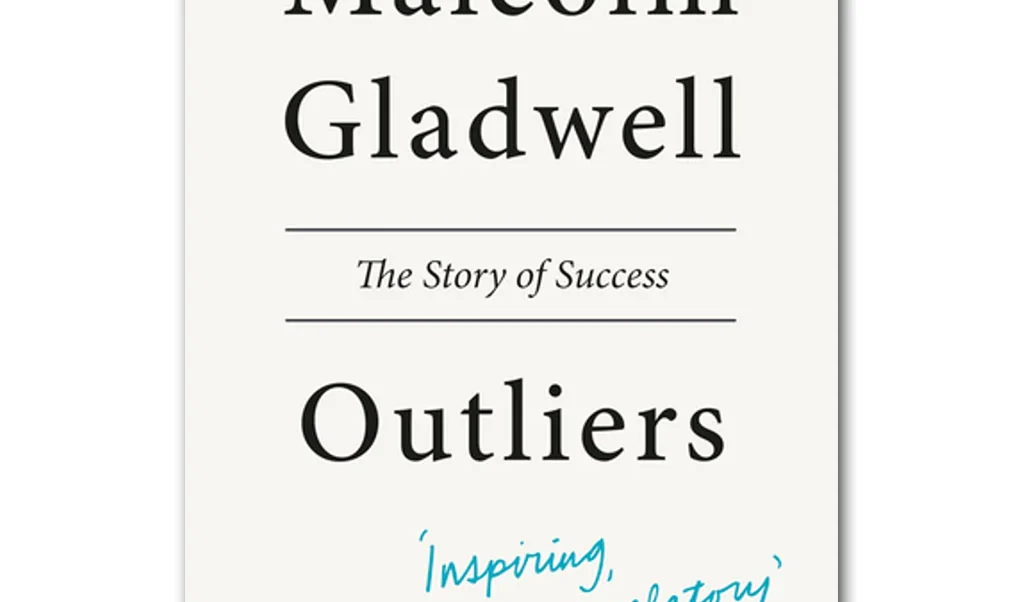By Ahmad Bashir
The distance from Bauchi to Azare is a little shy of 300km. The road is smooth from Bauchi to Darazo until it gets bad at Kari and extremely bad at the left turn in Zindir all the way to Misau. After Misau it becomes smooth again and remains well so to Azare. Travelers spend anything between two and a half to three and half hours to cover the distance even though Google map averages it at 3.75 hours. On the 5th of May, I traveled this distance successfully in less than 2 hours. Was that me being an outlier? Yes! An outlier is simply anything outside the ordinary.
Malcolm Gladwell wrote the book “Outliers: the story of success” to revolutionize the way we look at success. He tries to summarize, in a 200-plus page book, that there is more to success than what meets the eye. For example, my story above, where I traveled at an unprecedented time, might fool someone into believing that the feat I achieved was because I am an awesome driver, which is true, and nothing else is involved.
What happened in truth however was different. I drove an almost brand-new Peugeot 206 with a customized 406 engine. This gave the car too much speed for any of its kind. I was also traveling light with only 3 passengers that day. It was not the market day for any of the villages by the roadside which means neither V.I.O, FRSC nor pedestrians were standing on the road to impede travelers’ speed as they do on regular days. Again, it was the beginning of planting season, as such, donkeys, cows, sheep, and goats were mostly tied at home away from people’s farms and impliedly the roads. The odds were general in my favor. Gladwell brought to light how the story of success matters more than success itself. If anyone who is just a good driver had the privilege I had in my story above, he will still be an outlier in his journey to Azare. In other words, success is more about the means than it is about the end.
I find a logical tie between this book and Chimamanda’s ‘Dangers of a single story.’ They both seem to disapprove creation of stereotypes. “The problem with stereotypes is not that they are untrue. The problem is that they are mostly incomplete” as Chimamanda will say.
The author listed four items that he stressed as the most important keys to success. I like to imagine that Gladwell was speaking more specifically to Americans and Canadians, for the most, part, and only objectively to people from other parts of the world. The theory of rice paddy is clearly a case in point.
The Hausa people plant rice and maize in contrast to the Yoruba and Igbo who plant Cocoa and cassava. Planting rice is more complex but the latter people don’t seem to be supremely superior to the former. If the culture of hard work pays as much as Gladwell tries to explain, the Fulani tribe in Nigeria, who live almost a lifetime of striving for their family’s daily food should have been more successful. I, therefore, choose to believe that the data Gladwell uses in writing this book is a little too homogenous to form a general consensus.
Overall the book is a great read for Nigerians and non-Nigerians alike. I score it 9/10. Even though like I said, it is more relevant to other climes than Nigeria.
The book has left me with a couple of questions which I will be glad to share with you.
1) Since having over 100 IQ scores doesn’t always translate to an advantage, can we imply that too much IQ is bad? Is too much of anything bad? Was Christ Legan disadvantaged by his high IQ amongst other things?
2) Can we blame the “Culture of honor” for Fulani and herdsmen’s vandalism activities in Nigeria?
3) Can we blame a fake date of birth for the Super Eagles’ failures?
4) The Yoruba culture seems to go overboard in defying the ‘concerted cultivation’ explained by Gladwell. However, they don’t seem to be trailing behind the other tribes. Is Gladwell correct about it?
Share your thoughts in comments.



